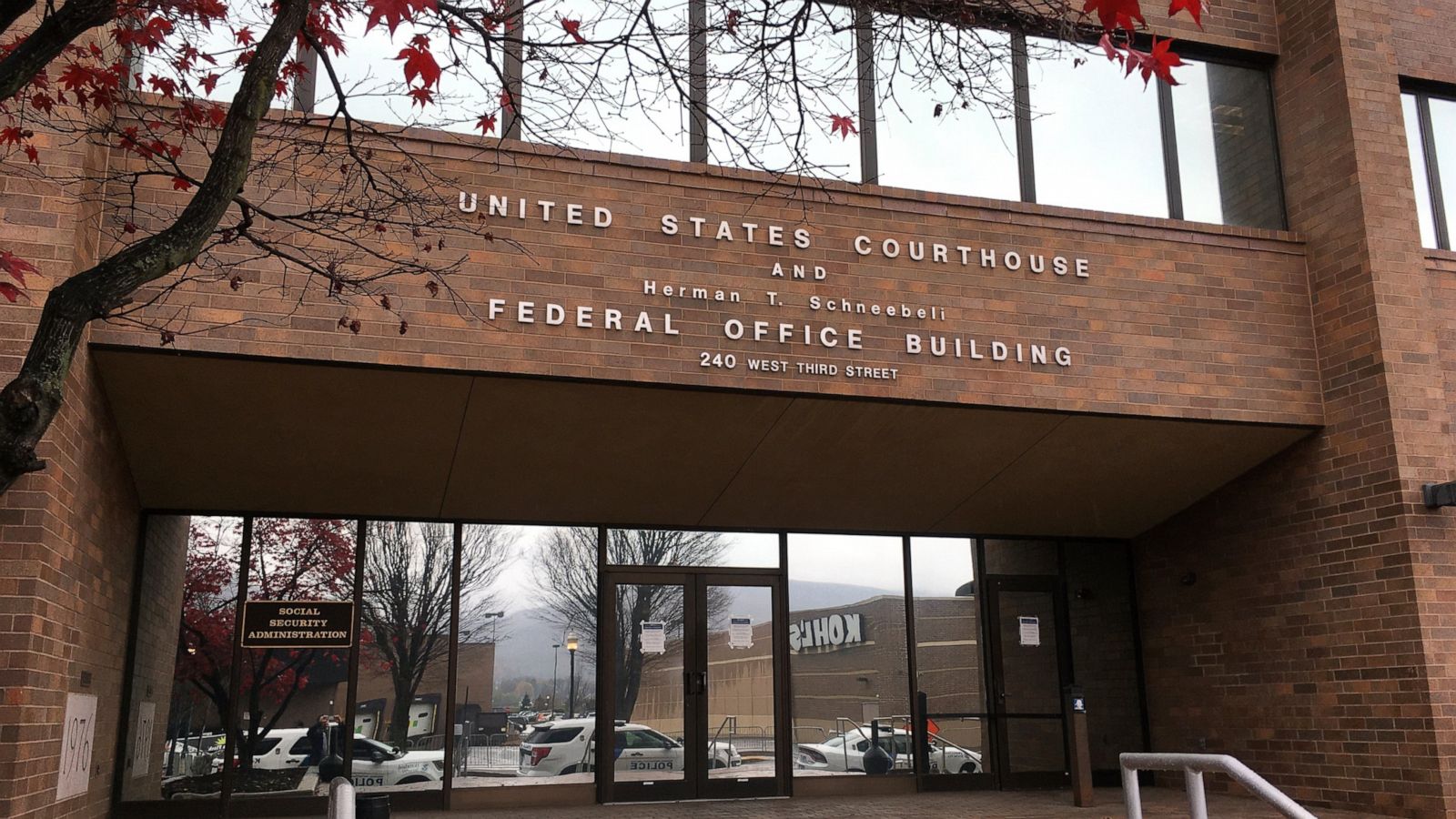A Pennsylvania judge on Wednesday ordered state officials to not certify the results of the 2020 election until her court holds a hearing on an election contest on Friday.
Commonwealth Judge Patricia McCullough ordered the state to not take any further steps to complete the certification of the presidential race, which the state announced on Tuesday. She also blocked the certification of all the other election results.
“To the extent that there remains any further action to perfect the certification of the results of the 2020 General Election for the offices of President and Vice President of the United States of America, respondents are preliminarily enjoined from doing so, pending an evidentiary hearing to be held on Friday,” the judge wrote in her order (pdf).
“Respondents are preliminarily enjoined from certifying the remaining results of the election, pending the evidentiary hearing.”
McCullough is presiding over a lawsuit brought by Republican lawmakers and candidates against the Commonwealth of Pennsylvania, Democratic Gov. Tom Wolf, Secretary of State Kathy Boockvar, and the Pennsylvania General Assembly.
The plaintiffs alleged that Pennsylvania’s vote-by-mail stature—Act 77—is in violation of the state’s constitution.
“Act 77 is the most expansive and fundamental change to the Pennsylvania voting code, implemented illegally, to date,” the lawsuit, filed in the Commonwealth Court of Pennsylvania, states.
“As with prior historical attempts to illegally expand mail-in voting by statute, which have been struck down going as far back as the Military Absentee Ballot Act of 1839, Act 77 is another illegal attempt to override the limitations on absentee voting prescribed in the Pennsylvania Constitution, without first following the necessary procedure to amend the constitution to allow for the expansion.”
The plaintiffs include Rep. Mike Kelly (R-Pa.), Republican congressional candidate Sean Parnell, and Pennsylvania House of Representatives candidate Wanda Logan.
The office of Gov. Wolf did not respond to a request for comment. It is unclear what steps remained as of Wednesday morning to “perfect” the certification of the presidential and vice-presidential races.
After the Keystone State announced the certification of the presidential election results on Tuesday, the plaintiffs filed an emergency request (pdf) just before midnight, arguing that there was no need to act so fast. In 2016, Pennsylvania certified the presidential election on Dec. 12.
“It appears that respondents’ actions may have been accelerated in response to the application for emergency relief … in an effort to preclude any remedial action by this court faster than this court was able to evaluate the application for emergency relief and the answers to it,” the plaintiffs wrote.
The emergency request underlined that while Pennsylvania completed vote-counting and submitted the signed certification to the U.S. archivist, a number of steps still remain for the formal certification process to be completed.
“While Respondents may have proactively attempted to avoid potential injunctive relief granted by this Court, Respondents duties with regard to finalization of the full election results are far from complete,” the filing states.
Marc Elias, one of the top attorneys leading the Democrats’ post-election legal battles, called the lawsuit frivolous.
“Republican Congressman Mike Kelly has filed a new frivolous lawsuit in Pennsylvania seeking to block the state from certifying the election results and having the state legislature choose electors,” Elias wrote on Twitter on Nov. 21. “This is absolutely shameful.”
President Donald Trump responded to Elias, writing: “This is not at all frivolous. It is brought on behalf of one of the most respected members of the United States Congress who is disgusted, like so many others, by an Election that is a fraudulent mess. Fake ballots, dead people voting, no Republican Poll Watchers allowed, & more!”
Wolf signed Act 77 into law on Oct. 31, 2019. Eight of the nine sponsors of the bill in the Pennsylvania Senate were Republicans
